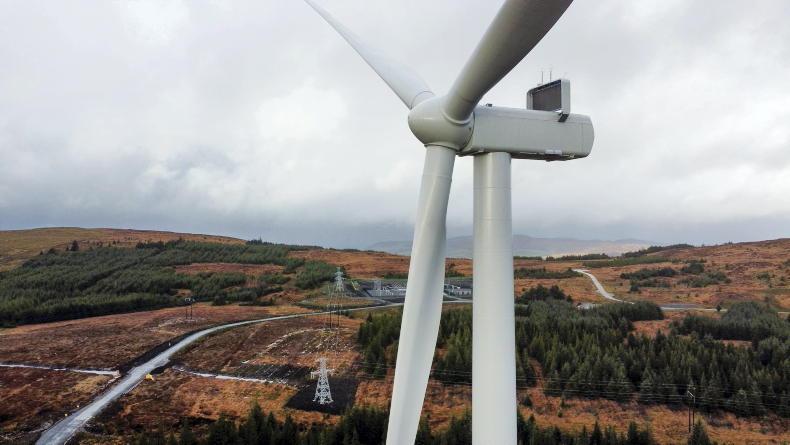Whenever some specific use of fossil fuels is explicitly subsidised, for example where the retail price of petrol is brought below the ex-refinery price, there will be accusations that the Government is not serious about reducing emissions. This actually happens in some oil-producing countries where petrol is too cheap, although not in this part of the world – the EU has rules about minimum rates of tax.
More common is a situation where favoured forms of fossil fuel consumption are charged to tax at a reduced rate, and it is worthwhile to monitor and question this practice. The Central Statistics Office (CSO) publishes a report annually which seeks to measure the cost of these favourable deals and the latest edition has just been released.
There are some striking numbers which received headline media treatment. Total subsidies on the consumption of fossil fuels came out at €2.2bn in the first COVID-19 year of 2020, down from €2.8bn in 2019 as transport activity fell away, but an enormous figure nonetheless.
Diesel is diesel and the carbon emissions per unit are almost identical, whether burnt in trucks or trains, or indeed in home heating systems
The impression created is that the Government is dishing out eye-watering subsidies to certain forms of fossil fuel consumption and that needless carbon emissions are being encouraged. Where differing rates of tax are applied to the same product, depending on the use to which it is put rather than on its per-unit carbon emissions, it looks like an open and shut case; there is a subsidy, as against the going rate, on the usage enjoying the reduced rate of tax. According to the CSO, one of the biggest subsidies is on green diesel, with a large figure also for jet fuel used in aircraft.
This approach works fine if the tax at the retail level, whatever it is actually called, is entirely designed to discourage emissions. But indirect taxes often have broader and more complex objectives and the calculations can go astray. Some taxes on transport fuel are, in reality, a user charge for the facilities, as well as, or in addition to, a carbon charge.
User charge
A good illustration is the treatment of the fuel used in rail transport. Almost all rail services in Ireland use diesel, and it is taxed at a rate far lower than is charged on road diesel. The CSO acknowledge implicitly that there are sound reasons for this.
The trains do not use the road network and the far higher tax levied on road diesel is justified as a means of recovering the substantial costs of road construction, maintenance and traffic policing.
Diesel is diesel and the carbon emissions per unit are almost identical, whether burnt in trucks or trains, or indeed in home heating systems, where kerosene has emissions characteristics very close to the diesel used in transport.
Some taxes on transport fuel are, in reality, a user charge for the facilities, as well as, or in addition to, a carbon charge
The same is true for the fuel used in aircrafts, where there is no indirect tax at all – no excise, no carbon tax and no VAT.
Consider a farmer who buys auto diesel for the car, green diesel for the tractor, heating oil for the home and occasionally takes the train or flies abroad.
Only the diesel for the car should face the user charge to cover the road costs, which it does. All other uses should face an appropriate carbon charge to reflect the damage done by carbon emissions, but the tractor rarely leaves the farm and houses and trains and jet aeroplanes do not traverse the road network either.
The CSO report concludes that the tax on petrol works out at €267 per tonne CO2 and on road diesel at €190. But in both figures, the largest component has nothing to do with emissions but is rather a recovery of costs from road users.
Anomaly
For green diesel, the figure is given at €40, roughly where the carbon charge actually was in 2020. Road diesel is getting favourable treatment and the Tax Strategy Group at the Department of Finance has drawn attention to the anomaly in some of its recent reports. The tax on aircraft fuel comes out at zero per tonne CO2 according to the CSO, reported without comment.
The CSO report treats the tax rate on green diesel as a discount on the road diesel charge, but does not make this error in the case of home heating oil.
The result is a calculation that the apparent tax discount adds up to an annual subsidy of €300m on ‘marked gas oil’ aka green diesel, used on farms and in other off-road uses.
There are numerous subsidies to agriculture and each one needs to be justified, but this one is imaginary. Tractors rarely use the road network and firm data should be collected.
The big anomaly in the taxation of transport fuels is not green diesel – it is the blanket exemption from tax of aviation and marine transport.









SHARING OPTIONS